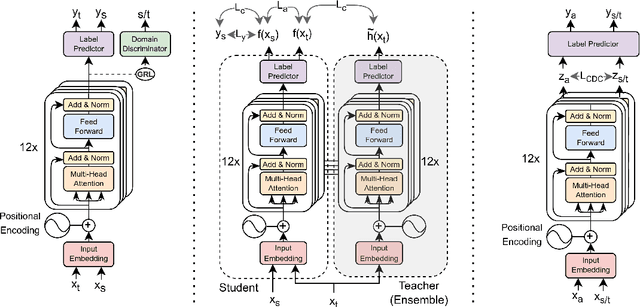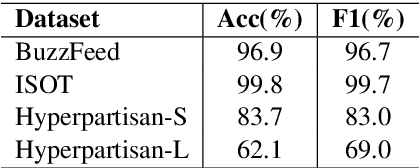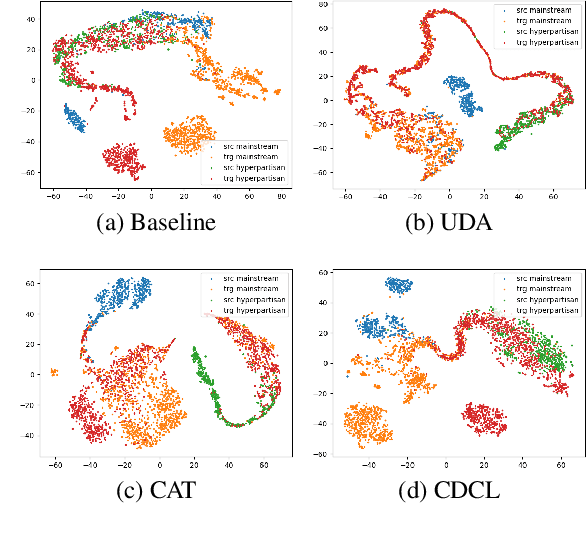Sebastian-Vasile Echim
Explainability-Driven Leaf Disease Classification using Adversarial Training and Knowledge Distillation
Dec 30, 2023



Abstract:This work focuses on plant leaf disease classification and explores three crucial aspects: adversarial training, model explainability, and model compression. The models' robustness against adversarial attacks is enhanced through adversarial training, ensuring accurate classification even in the presence of threats. Leveraging explainability techniques, we gain insights into the model's decision-making process, improving trust and transparency. Additionally, we explore model compression techniques to optimize computational efficiency while maintaining classification performance. Through our experiments, we determine that on a benchmark dataset, the robustness can be the price of the classification accuracy with performance reductions of 3%-20% for regular tests and gains of 50%-70% for adversarial attack tests. We also demonstrate that a student model can be 15-25 times more computationally efficient for a slight performance reduction, distilling the knowledge of more complex models.
From Fake to Hyperpartisan News Detection Using Domain Adaptation
Aug 04, 2023



Abstract:Unsupervised Domain Adaptation (UDA) is a popular technique that aims to reduce the domain shift between two data distributions. It was successfully applied in computer vision and natural language processing. In the current work, we explore the effects of various unsupervised domain adaptation techniques between two text classification tasks: fake and hyperpartisan news detection. We investigate the knowledge transfer from fake to hyperpartisan news detection without involving target labels during training. Thus, we evaluate UDA, cluster alignment with a teacher, and cross-domain contrastive learning. Extensive experiments show that these techniques improve performance, while including data augmentation further enhances the results. In addition, we combine clustering and topic modeling algorithms with UDA, resulting in improved performances compared to the initial UDA setup.
Adversarial Capsule Networks for Romanian Satire Detection and Sentiment Analysis
Jun 13, 2023Abstract:Satire detection and sentiment analysis are intensively explored natural language processing (NLP) tasks that study the identification of the satirical tone from texts and extracting sentiments in relationship with their targets. In languages with fewer research resources, an alternative is to produce artificial examples based on character-level adversarial processes to overcome dataset size limitations. Such samples are proven to act as a regularization method, thus improving the robustness of models. In this work, we improve the well-known NLP models (i.e., Convolutional Neural Networks, Long Short-Term Memory (LSTM), Bidirectional LSTM, Gated Recurrent Units (GRUs), and Bidirectional GRUs) with adversarial training and capsule networks. The fine-tuned models are used for satire detection and sentiment analysis tasks in the Romanian language. The proposed framework outperforms the existing methods for the two tasks, achieving up to 99.08% accuracy, thus confirming the improvements added by the capsule layers and the adversarial training in NLP approaches.
 Add to Chrome
Add to Chrome Add to Firefox
Add to Firefox Add to Edge
Add to Edge